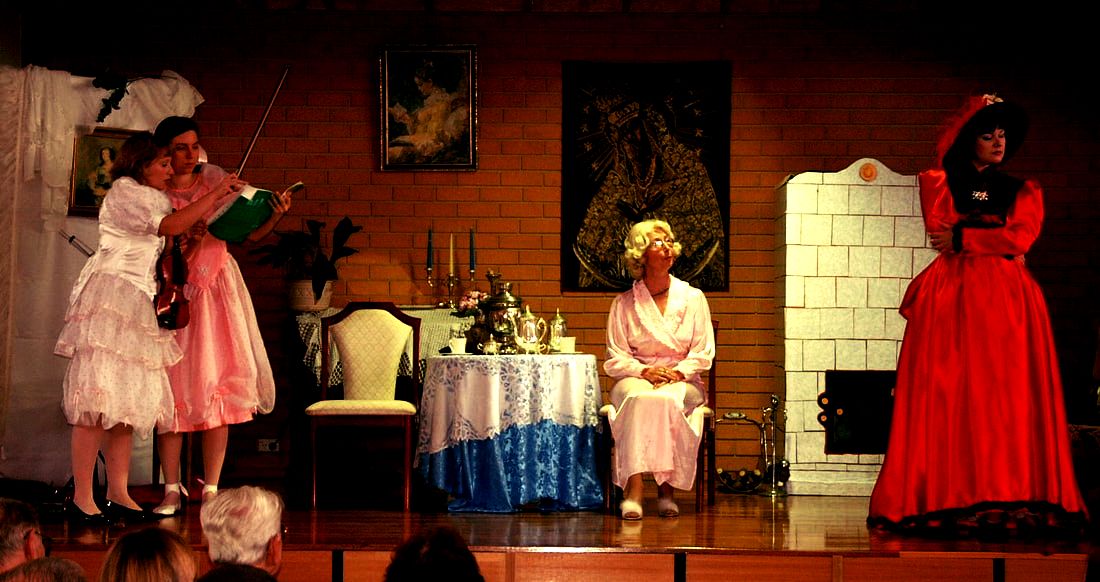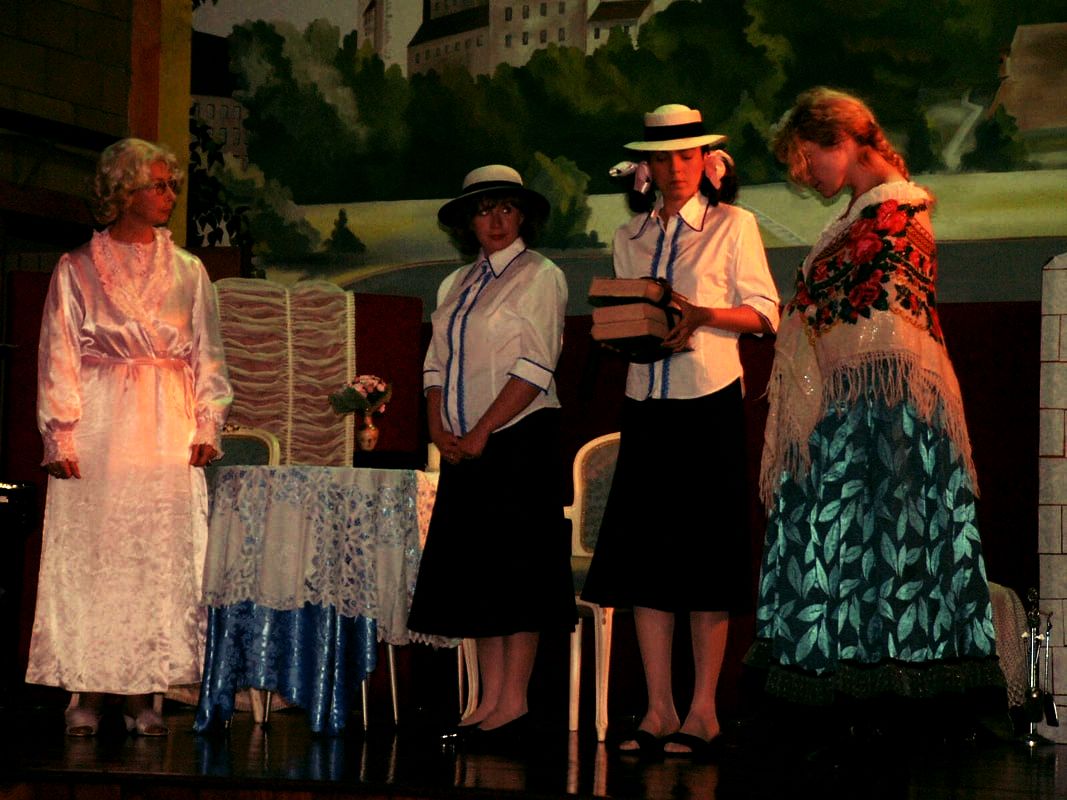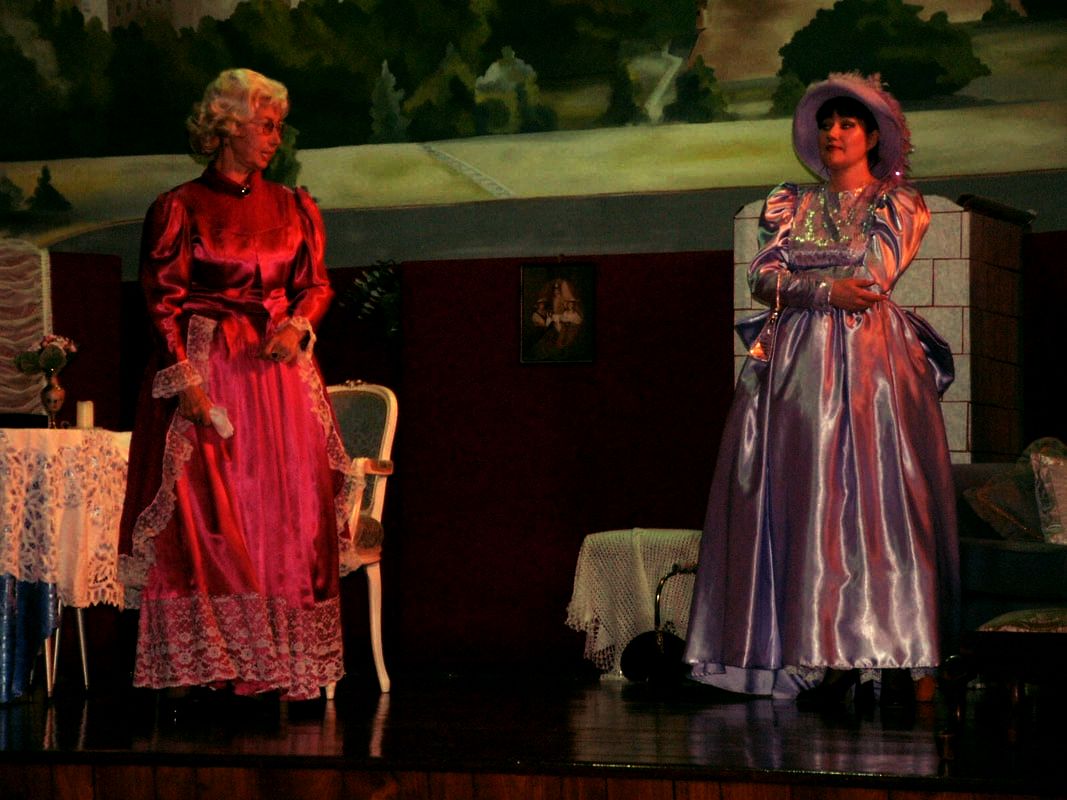
"Moralność pani Dulskiej" to jedno z największych dzieł polskiej pisarki, Gabreli Zapolskiej, autorki licznych dramatów i powieści. Książka Zapolskiej to dobrze napisany dramat naturalistyczny, a więc gatunek, którego podstawową cechą jest ukazanie jakiegoś środowiska społecznego, warunków jego życia i wynikających z tego konfliktów. W przypadku "Moralności Pani Dulskiej" autorka podjęła się krytyki mieszczaństwa, obnażając jego największe wady. Posługuje się przy tym przystępnym językiem, który nawet współczesnemu czytelnikowi nie powinien przysporzyć trudności ze zrozumieniem tekstu. Tytuł dramatu sugeruje już na samym początku czytelnikowi, czego może się spodziewać po książce - nie będzie to więc utwór o moralności jako takiej, lecz o moralności pozornej, ukazanej z punktu widzenia głównej, tytułowej bohaterki. Zapolska, pisząc "Moralność pani Dulskiej", postawiła sobie za cel zdemaskowanie obłudy i ukazanie prawdy o filistrach - ich materializmu i bezideowości.
"Morality of Mrs Dulska" is the most recognized internationally tragic farce by Polish novelist,playwright,critic and stage actress Gabriela Zapolska, acclaimed for her social - satirical comedies .
Published in 1907 ,although premiere was in Krakow in 1906 it pictures bourgeois family of early twentieth century and it's chief character Mrs Dulska .
Mrs Dulska runs day to day affairs of a household and in doing so imposes her falsely conceptualised morality on it .
This is "morality "that protects her family reputation and public image.
However her son indulges in night life activities , frequents women of doubtful reputation and has an affair with a housemaid .
An innocent tenant woman attempts to commit suicide deeply effected by her husband's infidelity and is evicted by Mrs Dulska from apartment rented from Dulski family.
Close relative is refused tenancy in conviction that cheaper rent might be negotiated due to family ties .
Pregnant housemaid Hanka with whom Mrs Dulska's son Zbyszek had romance is paid off and sent away.What will be reactions of family members to those harsh yet unfair decisions? Who and if anyone will comprehend a true meaning of morality?
Published in 1907 ,although premiere was in Krakow in 1906 it pictures bourgeois family of early twentieth century and it's chief character Mrs Dulska .
Mrs Dulska runs day to day affairs of a household and in doing so imposes her falsely conceptualised morality on it .
This is "morality "that protects her family reputation and public image.
However her son indulges in night life activities , frequents women of doubtful reputation and has an affair with a housemaid .
An innocent tenant woman attempts to commit suicide deeply effected by her husband's infidelity and is evicted by Mrs Dulska from apartment rented from Dulski family.
Close relative is refused tenancy in conviction that cheaper rent might be negotiated due to family ties .
Pregnant housemaid Hanka with whom Mrs Dulska's son Zbyszek had romance is paid off and sent away.What will be reactions of family members to those harsh yet unfair decisions? Who and if anyone will comprehend a true meaning of morality?



